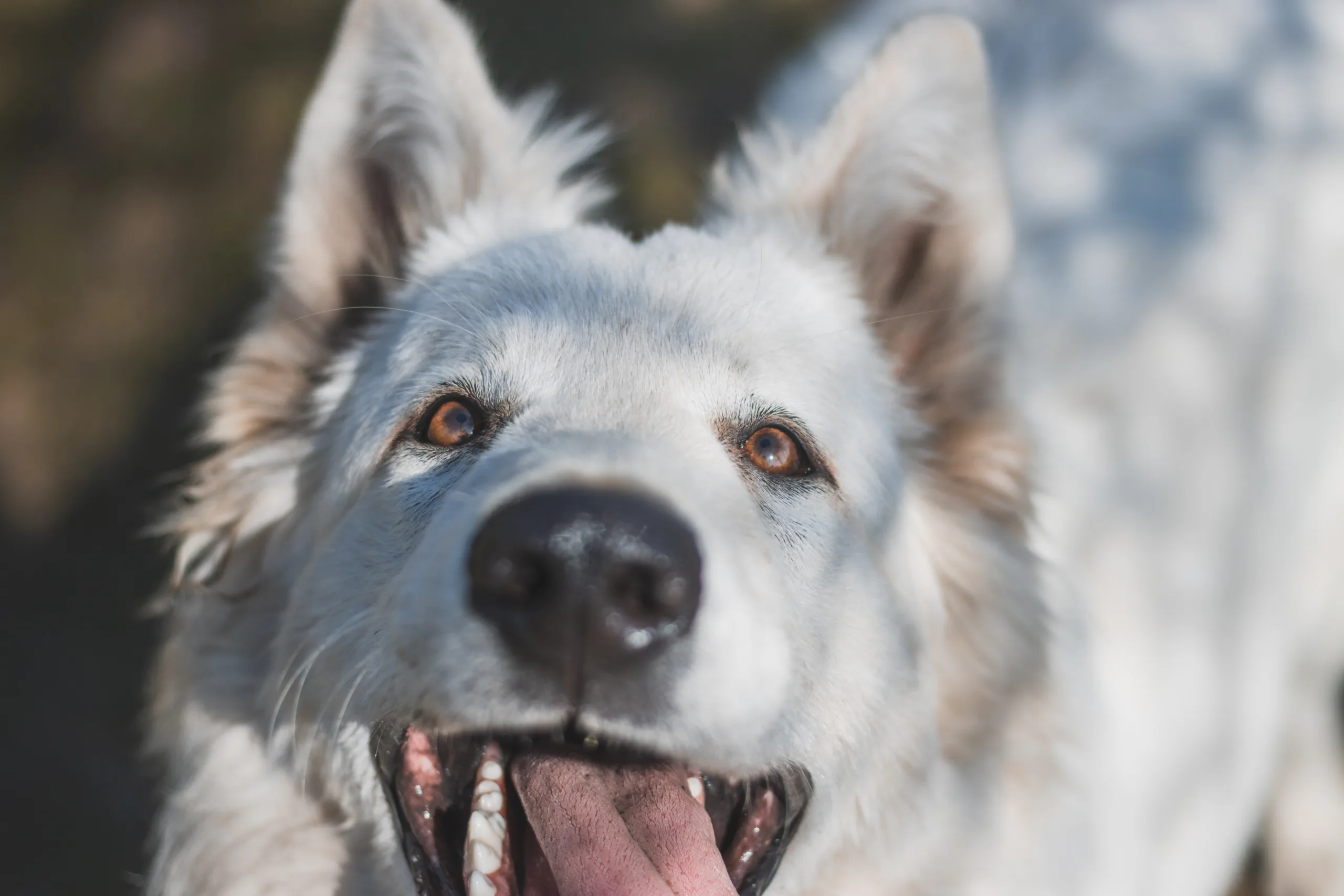Why Is My Dogs Mouth Shaking? Our canine companions have an incredible range of behaviors that often leave us in awe and occasionally concerned. One such behavior that might catch your attention is when your dog’s mouth starts shaking or their jaw tremors. It’s understandable to feel worried when you witness this, but there can be various reasons behind this peculiar behavior. In this article, we’ll delve into the potential causes of why your dog’s mouth is shaking, along with insights into how to address it.
For more about dogs click here
Unveiling the Mystery of Canine Jaw Tremors
Is It Normal?
To understand why your dog’s mouth might be shaking, it’s crucial to first determine whether the behavior is normal or indicative of an underlying issue. Occasional, mild jaw tremors can sometimes be within the range of normal behavior, especially if your dog is excited or has just finished an intense activity.
Potential Causes of Dog Jaw Tremors
1. Excitement and Overstimulation
Excitement can manifest in various ways, and one of them is through involuntary muscle movements. When your dog is particularly thrilled, the excess energy can lead to trembling, including in their jaw. This is usually short-lived and subsides as your dog calms down.
2. Temperature Changes
Dogs react to temperature changes just like humans do. If your dog is experiencing a sudden drop in temperature or is cold, they might shake to generate warmth through muscle movement.
3. Stress and Anxiety
Stress and anxiety can trigger physical reactions in dogs, including jaw tremors. If your dog is feeling stressed due to a change in environment, meeting new people or animals, or even during thunderstorms, they might exhibit this behavior.
4. Pain or Discomfort
Pain, especially in the mouth or jaw area, can lead to trembling. Dental issues, gum problems, or even a foreign object lodged in the mouth can cause discomfort that results in jaw tremors.
Addressing Canine Jaw Tremors
1. Observe and Monitor
Start by observing your dog’s behavior and the context in which the jaw tremors occur. Note any accompanying symptoms like excessive drooling, changes in appetite, or lethargy.
2. Minimize Stressors
If stress or anxiety seems to be the trigger, create a calm and safe environment for your dog. Gradually expose them to potential stressors and reward positive behavior.
3. Dental Health Check
Regular dental check-ups are essential for your dog’s overall health. If dental issues are causing discomfort, your veterinarian can identify and address the problem.
4. Consult a Veterinarian
If the jaw tremors persist, worsen, or are accompanied by other concerning symptoms, consult your veterinarian. They can conduct a thorough examination to determine the underlying cause.
FAQs About Why Is My Dogs Mouth Shaking?
Why is my dog’s mouth shivering?
Mild jaw shivering can occur due to excitement, temperature changes, stress, anxiety, or discomfort. Determining the cause depends on the context and accompanying symptoms.
How do I stop my dog’s jaw from shaking?
To stop jaw shaking, identify and address the underlying cause. Minimize stress, ensure your dog’s dental health, and consult a veterinarian if the behavior persists or is accompanied by other issues.
Why does my dog move his mouth like he is talking?
Dogs might move their mouths as if they’re talking due to excitement, playfulness, or mimicking human behavior. It’s usually a form of expression rather than actual speech.
Why does my dog have tremors licking his lips?
Tremors while licking lips can indicate discomfort, nausea, or even gastrointestinal issues. If this behavior is persistent, consult your veterinarian for a proper diagnosis.
What does a dog seizure look like?
A dog seizure can vary but may involve convulsions, loss of consciousness, muscle twitching, drooling, and loss of bowel or bladder control. If you suspect a seizure, seek veterinary attention immediately.
What causes lower jaw tremors?
Lower jaw tremors can be caused by various factors, including excitement, stress, pain, discomfort, or medical conditions. A thorough examination by a veterinarian is necessary to determine the cause.
Conclusion on Why Is My Dogs Mouth Shaking?
When you notice your dog’s mouth shaking or their jaw trembling, it’s natural to be concerned. While some cases of mild jaw tremors can be within the range of normal behavior, it’s important to observe the behavior closely, consider the context, and monitor for any accompanying symptoms. Identifying the underlying cause of the jaw tremors is key to addressing the issue effectively. By staying attuned to your dog’s behavior and seeking professional advice when needed, you can ensure the health and well-being of your beloved furry friend.
Click here for more
